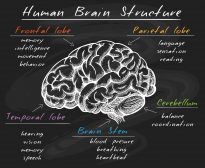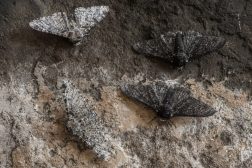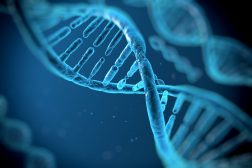Definition
noun
The scientific study of the physiological basis of psychological processes
Supplement
Neuroscience is the scientific study of the nervous system and is concerned with the structure, development, function, chemistry, pharmacology, and pathology of the nervous system. Modern tools and technologies (e.g. molecular biology, electrophysiology, computational methods, etc.) led to the advancement of research on nervous system. As a result, neuroscience is now comprised of various branches. One of these branches is neuropsychology.
Neuropsychology is the scientific study of the physiological basis of psychological processes. It studies the structure and function of the nervous system, particularly the brain, in relation to behavior and psychological processes. It aims to understand brain function and its effect on behavior and cognition. It also attempts to explore novel treatments and diagnostic tools for various neurological disorders affecting behavior and cognition. One of its areas of interest is investigating the electrical activity in higher primates and humans.
An expert in this field is referred to as a neuropsychologist. Neuropsychologists may be seen conducting research in clinical settings, research institutions, universities, forensic settings, or relevant industries. The application of neurophysiology to the assessment, management, and rehabilitation of people with neurocognitive problems is referred to as clinical neuropsychology.
See also:
Related form(s):







